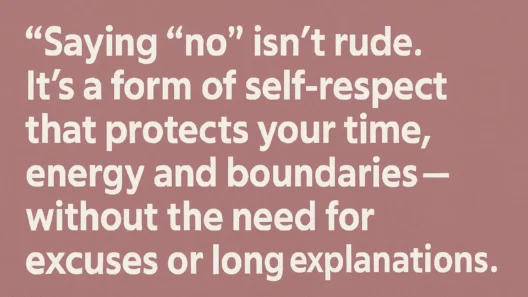It always starts the same way. One day someone becomes a “shift supervisor,” and the next thing you know, they start handing out penalties for talking during lunch breaks. Their ego inflates faster than a cheap air mattress, and suddenly they’re preaching rules they never used to follow. Sound familiar?
This isn’t just a funny workplace story. It’s a real psychological phenomenon—authoritarian behavior—and believe me, it’s more common than most people think.
What Does It Mean to Be Authoritarian?
We’re not just talking about strict people who like order. Authoritarian types are different. They crave control, expect blind obedience, and feel deeply threatened by anything different—be it ideas, people, or behaviors.
According to psychological studies, including Bob Altemeyer’s Right-Wing Authoritarianism (RWA) scale, about 20–30% of people show consistent authoritarian tendencies. That’s one in four. And it’s not just tied to politics—there are authoritarian personalities on both ends of the ideological spectrum.
These people often:
- Follow authority even when it’s incompetent
- Want strong rules and harsh punishments
- Are intolerant of diversity or ambiguity
- Believe that social order is more important than individual freedom
And no, not all of them are in charge. Some are just waiting for their moment.
When Power Corrupts the Unqualified
Science even has names for this effect:
The Dunning-Kruger Effect
People with low ability tend to overestimate their competence. And when you give them power? The results can be disastrous.
The Power Paradox
The more power someone has, the less empathy they tend to show. They listen less, dominate more, and lose touch with others’ experiences.
The “Little Boss” Syndrome
You’ve met this one. The kind of person who lets a tiny bit of authority go to their head. It’s not that they’re evil—it’s that they lack the maturity to handle power responsibly.
Why So Many People Fall for Authoritarian Thinking
Authoritarian personalities aren’t born evil. They’re often deeply anxious, uncomfortable with uncertainty, and desperate for structure. For them, control feels safe. Power means predictability.
Signs of this mindset:
- Discomfort with grey areas or flexible rules
- An obsession with “how things should be”
- Deep mistrust of outsiders or non-conformists
- Constant need to enforce order, even unnecessarily
Ironically, some of the most controlling people are the ones who struggled with feeling powerless earlier in life. Giving them authority can feel like giving a toddler a flamethrower.
Not Just Right-Wing: Authoritarians Come in All Shades
While the term “authoritarian” often brings to mind military uniforms and nationalist slogans, there’s a left-wing version too. Instead of law and order, it’s about ideological purity and moral superiority.
But both have one thing in common:
- They shut down opposing views
- Enforce strict group conformity
- They punish deviation from “acceptable” behavior
Different slogans, same authoritarian flavor.
How to Recognize (and Resist) Authoritarian Behavior
Whether it’s your boss, a politician, or even a family member, here’s how to spot authoritarian types before they ruin your peace:
- They have an answer for everything
- Rarely admit mistakes
- They label dissenters as “troublemakers”
- Demand respect but show little in return
- They turn rules into weapons
And worst of all—they tend to attract followers. People who feel lost or insecure may cling to authoritarians because they offer certainty (even if it’s harmful).
So… What Can You Do?
1. Don’t Adopt Their Language
Avoid echoing phrases like “this is how it must be.” Challenge rigid thinking gently but firmly.
2. Don’t Fight on Their Terms
They thrive on conflict. Keep your cool. Stick to logic and calm responses.
3. Speak Up When Needed
Silence can look like agreement. Sometimes the most powerful resistance is a clear “this isn’t okay.”
4. Protect Your Mental Space
Not every battle is worth fighting. Learn to recognize manipulation and step back when necessary.
Are You Sometimes That Person?
Hard truth: we all have moments of control-freak behavior. But awareness is key. Wanting structure isn’t bad. Becoming a tyrant over it is.
I’ve caught myself being too harsh, too judgmental. Especially when I feel anxious. But I’ve learned to pause, breathe, and remember: being in control isn’t the same as being right.
In Summary
Roughly a third of people are naturally drawn to authoritarian thinking. Some of them stay quiet. Others rise to power—and make everyone else miserable.
The good news? We can learn to spot them, stand our ground, and build communities that value empathy over control. Because power should never come at the cost of humanity.











